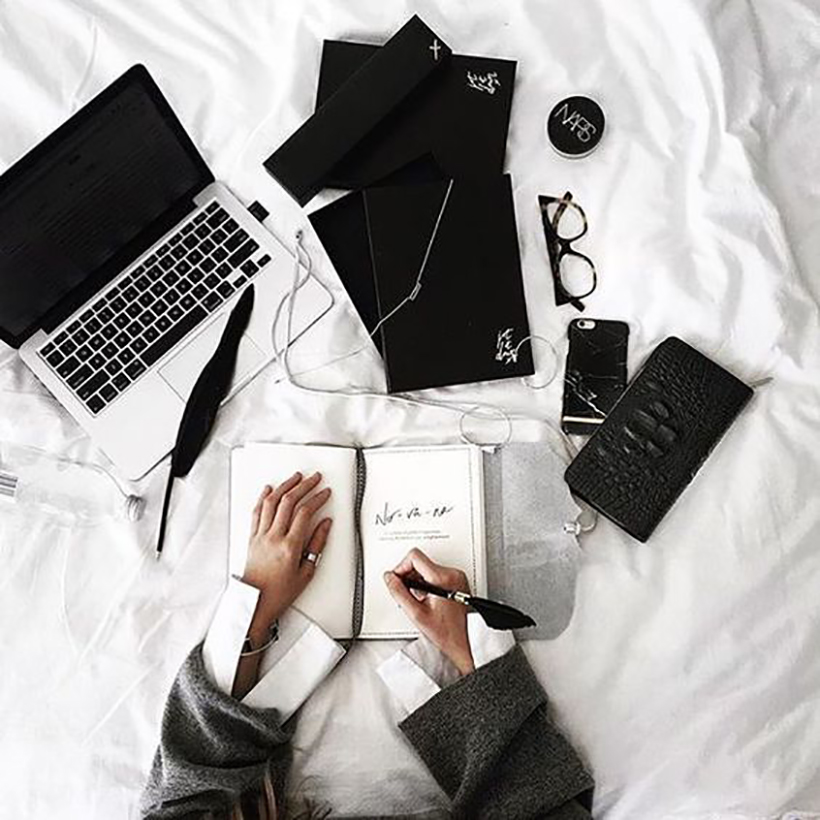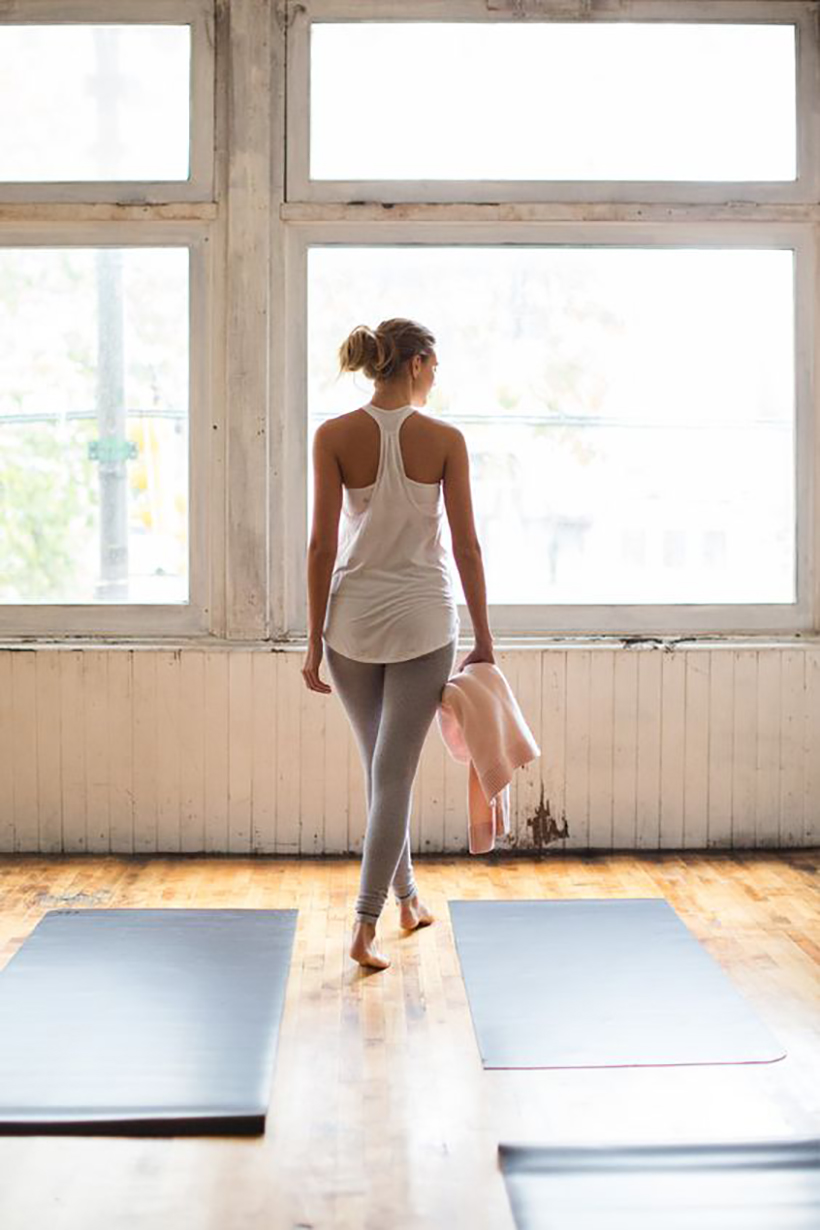Were all guilty of these four habits (below) and we consistently rob ourselves of critical sleep time and then wonder why we wake up feeling so exhausted. There are days I wake up feeling like a truck just ran me over and then I think – hey, I got 7 hours sleep, so what gives? However, I’ve realized that there are some really unhealthy habits that reduce our sleep time, increase anxiety and stress (eventhough we think were doing or darnest to reduce it) and actually makes us more agitated. With the advent of prolonged work hours, demanding corporate jobs, excessive use of technology, social media exposure, noise pollution, were actually setting ourselves up for sleep disorders if were not mindful about our sleep time.
Due to sleep insufficiency, many individuals are likely to suffer from chronic diseases such as hypertension, diabetes, depression, and obesity, as well as from cancer, increased mortality, and reduced quality of life and productivity.
Many experts advise that, ideally, a person should sleep from sunrise to sunset, optimizing the cumulative effect on the homeostatic and circadian drive for ideal physiology. But in the modern era, we’re burning the candle at both ends. We’ve become a 24-hour society due to social and work stressors.
Here are 4 Sleep Time Robbers that were all Guilty of:
Sleep Time Robber #1: Using your bed as a home office.

So many of us are guilty of this. Whether its reading or skimming through that interesting instagram feed, were all hooked on getting into bed with our gadgets. However, getting into bed should trigger your body to relax for sleep. Protect those delicate associations by only using your bed for sleep and intimacy.
Sleep Time Robber #2: Going to Bed Hungry

Going to bed hungry makes falling asleep – that much harder. Eating a regular evening meal followed by a bedtime snack can actually improve sleep.
Do you remember your night time routine as a child? As children, many of us were given a glass of milk or hot chocolate at bedtime. This tradition is actually based in scientific fact — the calcium in milk helps with the production of tryptophan, which is required in the production of melatonin (a sleep hormone). So foods that are naturally rich in tryptophan like almonds, chicken, turkey, soybeans and eggs can be good for sleep. Also foods that are rich in melatonin such as cherry juice, ginger root, walnuts, peanuts and fresh mint.
Caffeine and alcohol can have major affects on sleep. And while alcohol can make people fall asleep faster, it actually increases their wake time after sleep. So, you’re actually sleeping less than you would have if you’d abstained from alcohol that night.
Read: The Positivity Diet
Sleep Time Robber # 3: Working out right before bedtime instead of in the morning
Sleep Time Robber #5: looking at your phone in bed.
Try putting your phone out of reach before getting into bed. Keep electronics usage to a minimum or completely eliminate blue light (alarms, TVs, laptops) after dark. Your health will thank you!



